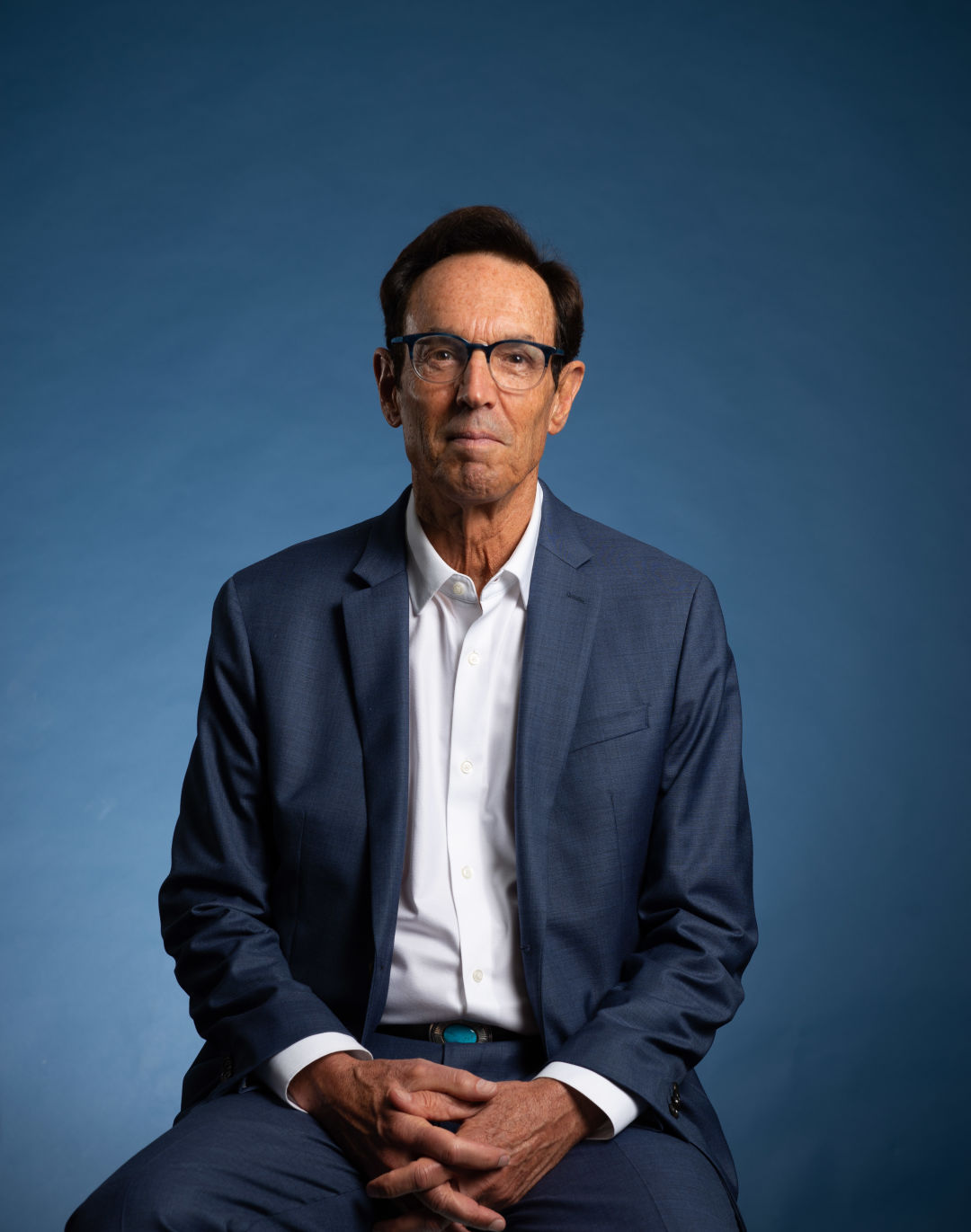Malcolm Lazin’s Varied Career Is Grounded in Social Justice

Malcolm Lazin
Image: Barbara Banks
Growing up in Lebanon, Pennsylvania, Malcolm Lazin won the county oratorical championship as a junior in high school, and was favored to win again as a senior, in 1961, until he informed his adviser about his topic: “The Plight of the American Negro.”
“You won’t win unless you choose another subject,” the adviser replied.
Lazin lost the speaking contest, but the decision to stick with the subject became a defining moment in a broad career dedicated to social justice, individual liberty and public good. Lazin’s journey included a stint as a federal prosecutor cracking down on slumlords and as a visionary who led the effort to light Philadelphia’s Ben Franklin Bridge, revive the city’s waterfront and have neglected Washington Square, where 2,000 Revolutionary War soldiers are buried, included in Independence National Historical Park. In the early 1990s, Lazin formed one of the nation’s most influential gay rights organizations, Equality Forum, and then went on to become an executive producer of award-winning documentaries, including Jim in Bold, about an artistically gifted gay teenager from Lazin’s hometown who killed himself in 1997 after being bullied by classmates. Lazin, 75, remains active, including as president of Siesta Key’s Gulf & Bay Club condo association where he lives part of the year.
“I grew up in a Jewish family in Pennsylvania Dutch country, which had a large Amish and Mennonite population. My father was a doctor and my mother a homemaker. It was a period still not far removed from the Holocaust. I embraced the celebration of Passover and its call for service and working for freedom and liberty. In 1963, I was fortunate to spend the summer in Washington, D.C., and attend the March on Washington, where the Rev. Dr. Martin Luther King Jr. made his famous speech. When he said those words, ‘I have a dream,’ it had the same impact at that moment as it has for decades since then. It was magical and inspiring.
“I was fortunate after law school to get a job at the U.S. Attorney’s Office, and even more fortunate that my first case followed an investigation by the Philadelphia Inquirer about the Federal Housing Administration. We found that slumlords and others in the real estate industry were making a killing on programs supposed to help the poor. Slumlords bought [rundown] property in north Philadelphia and certified to the FHA that they were in good condition. The FHA guaranteed 90 percent of the mortgages. The slumlords sold these homes to low-income people, often African-Americans, at a tremendous profit; then, when the owners could not make the payments because the homes needed so many costly repairs, the slumlords often repurchased the homes and made even more money. We ended up convicting 19 real estate brokers and shut down the largest FHA mortgage broker in Philadelphia. They were shocked there was even an investigation.
“It wasn’t until I was in my mid-30s that I came to terms with my sexuality, but getting involved in gay rights came naturally because it seemed an extension of my efforts for the rights of African-Americans and women. I started Equality Forum in 1993. We got pushback, not only from the mainstream, but also from the gay community, many of whose members wanted to be left alone. The [gay] organizations at that point focused mainly on pride parades. We saw our mission as a true civil rights organization to change the hearts and minds of people. We started LGBT History Month, for example. The progress that has been made has exceeded my expectations. When we started, same-sex marriage and allowing gays to serve in the military seemed beyond the rainbow. Now, we even have an openly gay man running for president. How remarkable is that?
“One of the keys to aging well is not to resist change, but to embrace it. I’m currently the president of the Gulf & Bay Condominium Association, which at 37 acres and 392 units is unique on Siesta Key. There are people here who no doubt dislike me because they don’t want to spend an extra dime on the improvements that had to be made. But we are doing some unique things. We installed electric car chargers. We became the first condo association in the state to sign a petition calling on the governor to appoint a red tide/algae bloom director. This state had nobody in charge of a horrible problem that has gone from bad to worse. There’s a lack of leadership, not science. Hopefully, we can change that.”



